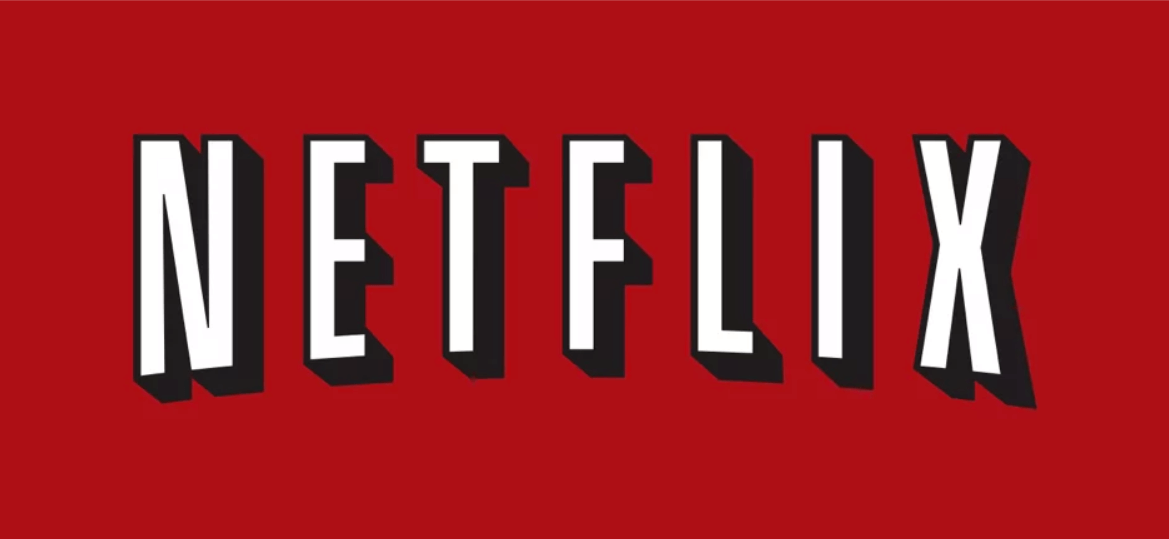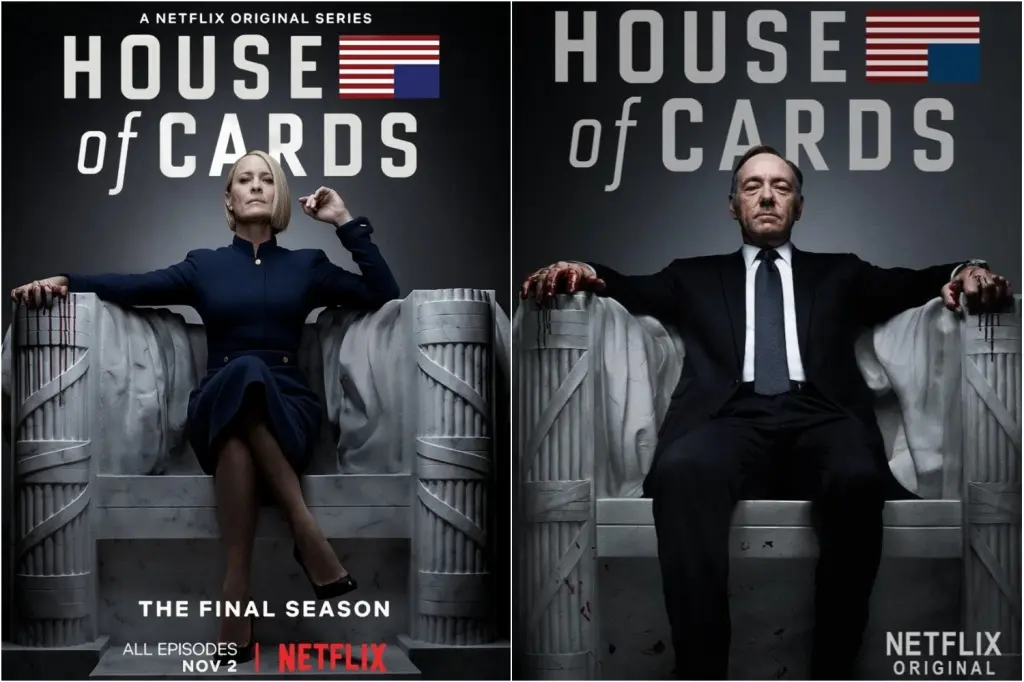The Story of Netflix
Netflix was founded in 1997 by Reed Hastings and Marc Randolph in Scotts Valley, California. Initially, it started as a DVD-by-mail rental service, allowing users to rent and receive DVDs via postal mail, which was a groundbreaking concept at the time.

As Netflix grew in popularity, the company introduced a subscription model in 1999, giving members unlimited DVD rentals for a single monthly fee. This move revolutionized the DVD rental market, pushing traditional video rental stores to adapt. By 2005, Netflix had already shipped over one billion DVDs, solidifying itself as a leader in the home entertainment industry.

In 2007, Netflix took a bold step into the digital world by launching its streaming service, allowing subscribers to watch television shows and movies instantly on their computers. This new offering quickly gained traction, and Netflix began partnering with device manufacturers to integrate streaming functionality into TVs, game consoles, and set-top boxes.

One of the pivotal moments in Netflix’s evolution was its expansion into original content. In 2013, Netflix premiered its first major original series, “House of Cards.” This marked a turning point, as Netflix became not only a distributor but also a producer of high-quality entertainment. Critically acclaimed series like “Orange Is the New Black,” “Stranger Things,” and “The Crown” soon followed, establishing the service as a major player in the entertainment industry.

International expansion was another crucial milestone. Beginning in 2010 with Canada, Netflix rapidly grew its presence across Latin America, Europe, Australia, and eventually the rest of the globe. By the mid-2010s, Netflix was available in over 190 countries, transforming it into a worldwide phenomenon and a pop-culture staple.

Over the years, Netflix has invested heavily in production and has become a major competitor to traditional Hollywood studios. The company’s strategy involves producing content catering to diverse audiences, from local-language series to big-budget films. This approach has helped Netflix maintain its position as a global leader in streaming, even as competition from other services intensified.
Today, Netflix continues to evolve, leveraging data-driven insights to personalize recommendations and create more engaging content for its subscribers. With a focus on innovation and storytelling, the platform remains at the forefront of streaming entertainment, shaping the future of how the world watches TV shows and movies.
Netflix’s story is one of constant transformation—starting from a humble DVD rental service to becoming one of the biggest entertainment powerhouses in the world. From exclusive blockbusters to niche documentaries, Netflix has fundamentally changed the way audiences consume media.